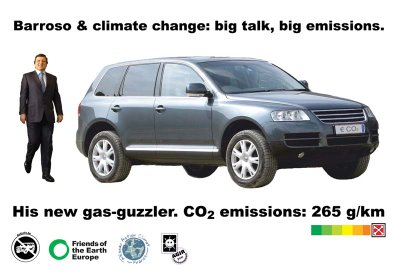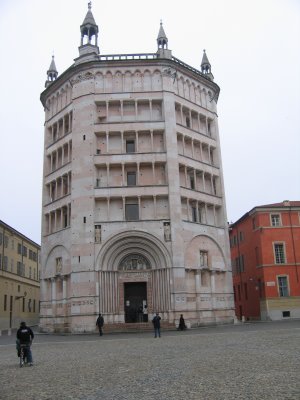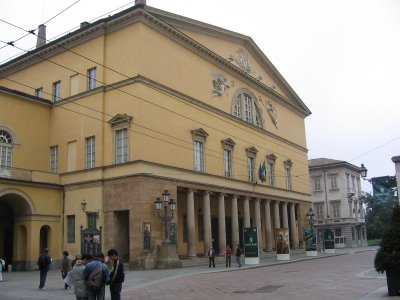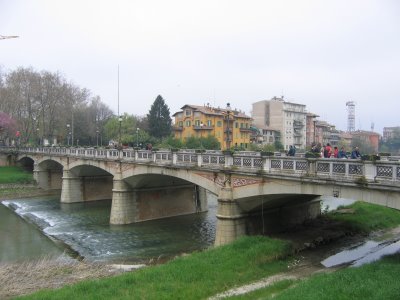Faz o que eu digo, não faças o que eu faço
E têm ou não têm razão os ambientalistas da friends of the earth? Têm razão, pois claro que têm razão — dêm-lhe com mais força!

Somos um casal a viver em Inglaterra. Para combater o tédio criámos este blogue. Esperemos que gostem. Email: nunochiara[arroba]portugalmail.pt

In response to Nuno Carneiro, who was trying to make a connection between models of nature and political ideology, I wrote in his blog the comment that follows. You may join the debate either here or in his blog.
First, you talk about models like the ones used in physics, which indeed try to describe reality or phenomena of reality. Models of physics try to describe nature. The same happens, for example, in Economics, considered a social science, where people try to make models to capture the reality of an economy, from a given point of view, so that they can better understand what is going on, and to make certain predictions. I don't know exactly why, but the models of physics seem to be more accurate thant the ones used in Economics, but the idea is the same: the use of models to describe some reality.Then you jump to a different thing. Political ideology is like a model of organisation a society, and although there is a connection with models used in science, it is not the same thing. Actually the aims behind the two are different. Models of organisation of a society try to address the problem of what is the best way to organise all those individuals that make a society. Given that we, humans, are social beings what are the best rules of organisation of a group of individuals so that we can all benefit from such organisation. This has to be, somehow, agreed by the individuals that make the society (or a group of them) and then enforced. That model of organisation has to be built by someone, ideally all of us. It is not there, so we can't make a model to capture what is there, but to make a model to rule the way a society is organised.





 O teatro Regio (séc XIX) também merece ficar aqui.
O teatro Regio (séc XIX) também merece ficar aqui. Para terminar, ficam uma panorâmica da ribeira Parma (afluente do Po) e o Palazzo Ducale (iniciado no séc. XVI).
Para terminar, ficam uma panorâmica da ribeira Parma (afluente do Po) e o Palazzo Ducale (iniciado no séc. XVI).
